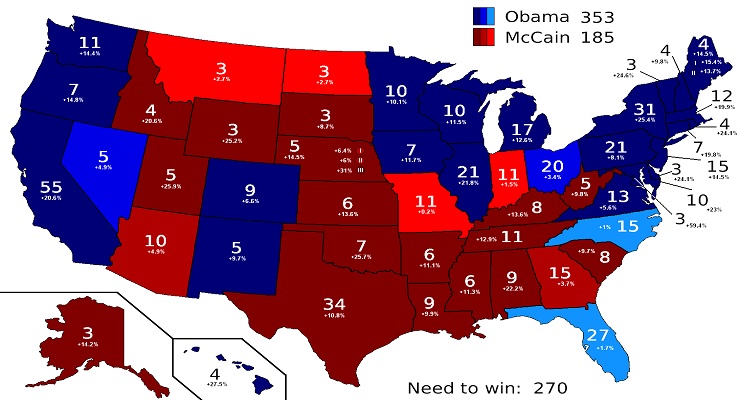
There has been a lot of debate about the relevance of the Electoral College. Democrats argue that it is anti-democratic and steals the will of the people. Republicans on the other hand contend that it is a very useful institution as it gives more power to small States.
A much recommended article in Election Law Blog uses recent rulings on the institution to argue that regardless of these debates it appears more factual that the practice of the Electoral College is a potential source of chaos for the 2020 presidential poll and beyond.
Since the 2016 election, some Democrats have raged against the Electoral College as an anti-democratic institution that does not reflect the will of the people. Some Republicans have defended the institution as protecting the power of small states and preserving the federal system. But whether you like the Electoral College in theory or not, it turns out that the actual rules used to implement its use are creaky and dangerous. Indeed, thanks to new conflicting rulings, the institution could generate chaos and confusion in 2020 or in a future presidential election.
In August, the United States Court of Appeals for the 10th Circuit held that the state of Colorado violated the Constitution in 2016 when it removed Micheal Baca, a presidential elector who acted “faithlessly” and voted for John Kasich over Hillary Clinton, who was chosen by the state’s voters. It followed a contrary ruling from the Washington state Supreme Court, which held that the state could fine electors $1,000 for being faithless. Now, Harvard Law professor Larry Lessig is planning to bring the Washington case to the United States Supreme Court—and in doing so, hopes to blow up the current Electoral College system.
It’s a well-intentioned, audacious gambit. And it could backfire spectacularly.
Read the full article here.
Leave a Reply